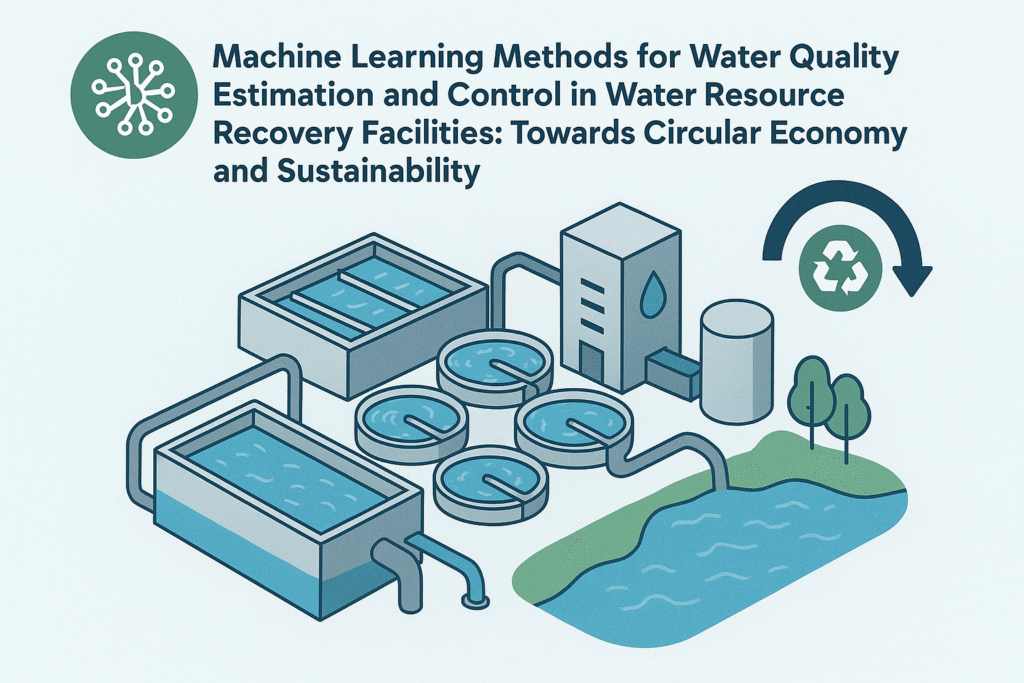ABOUT THE PROJECT
This project will develop a handheld device to detect E-Coli in water and help communities understand when drinking water is contaminated.
NOTABLE ACHIEVEMENTS (October 2016)
- Researchers have developed a nanofiber-light addressable pententiometric sensor to detect E. coli contamination in a simple, rapid and reliable manner.
- Sensors have been proven in the lab and a prototype for a handheld device is now under development.
RESEARCH ABSTRACT
The objective of this 3-year research program is to develop a portable sensor for the detection of pathogens in potable water based on Plasmon assisted Light Addressable Potentiometric Sensors (P-LAPS). The P-LAPS technique is based on adsorption-induced changes in the depletion layer of an appropriately biased silicon wafer in contact with buffer solution interrogated using back illumination by an array of LED lights. The readout will be electrical with red light-green light display based on a look up table. The selectivity will be achieved by using immobilized antibodies or receptors on specific locations on the sensor surface. The advantages of this technique include simplicity, low power consumption, high sensitivity and selectivity. Since PLAPS is an array-based technique, multiple analytes can be detected simultaneously. The generation of plasmons is expected to increase the sensitivity of the technique well above that of conventional LAPS technique. During the first two years of this research program, our goals are to demonstrate the selectivity and sensitivity of the technique in laboratory conditions and to develop a handheld working device that will allow the detection of E-Coli in the presence of normal interferences. The system will be user friendly with “red light/green light” display for presence/absence of E-Coli. In the third year we will package the system for filed tests in remote communities in India as well as the northern communities in Canada.
Project Team
Dr. Thomas Thundat, University of Alberta
Dr. Bhaskaran Muralidharan, IIT Bombay
Partners
University of Alberta
Indian Institute of Technology, Bombay
Indian Institute of Technology, Bangalore
TEC Edmonton
Current Number of Students: 7
Key Outcomes
Publications: 1
Presentations: 4



